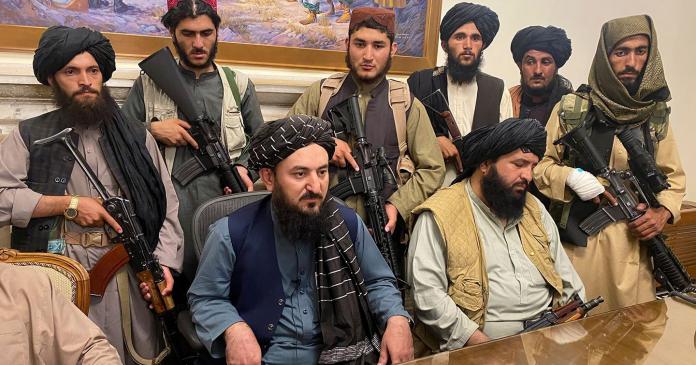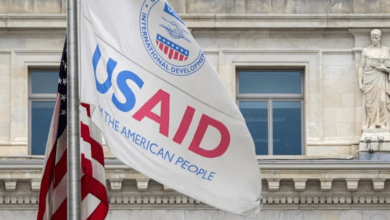UN court issues arrest warrants for Taliban leaders over persecution of women

On July 8, the International Criminal Court (ICC) issued arrest warrants for two high-ranking representatives of the Taliban regime — Supreme Leader Haibatullah Akhundzada and Chief Justice Abdul Hakim Haqqani. Both are charged with organizing and encouraging persecution for political and gender reasons, reported court press office.
These include, in particular, large-scale repression directed against women, girls, and individuals who did not conform to the regime’s official gender policy — including representatives of a different gender identity or those who advocated for women’s rights.
The warrants were issued as part of an investigation into the situation in Afghanistan. According to the Court, the crimes against humanity were committed from at least August 15, 2021, when the Taliban seized power, and continued until January 20, 2025. The Prosecutor’s Office of the International Criminal Court emphasizes that these persecutions were accompanied by systematic rights violations, violence, discrimination and isolation of women from public life.
The whereabouts of the suspects remain unknown. The ICC calls on the member states of the Rome Statute to facilitate the execution of warrants. This is the first time the Court has issued warrants in the context of gender-based harassment crimes under the Taliban.
After the Taliban returned to power in August 2021, women were gradually removed from the public sphere, drawing condemnation from the United Nations, which called it “gender apartheid” implemented by the Taliban administration. The regime barred women and girls from post-secondary education, restricted their ability to work, and prevented access to parks and public spaces.
Recently, a law was passed that prohibits women from singing or reciting poetry in public, in line with the Taliban’s strict interpretation of Islamic law. Some local radio and television channels stopped broadcasting women’s voices.





